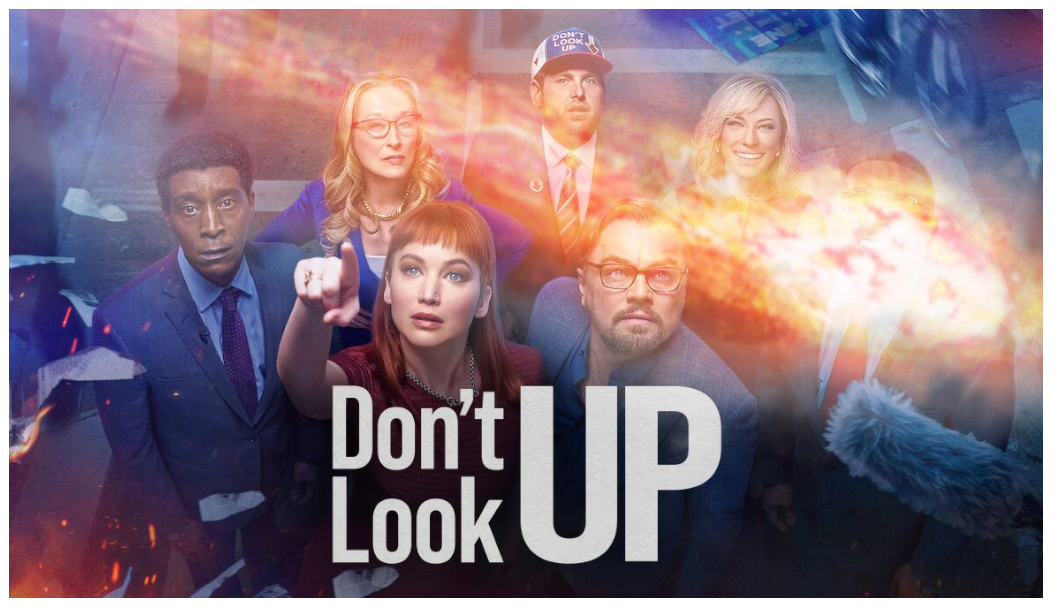The world today is more unequal than it has ever been. Presently, the richest 2,153 billionaires of the world own more wealth than the poorest 60% of humanity. The richest 98 Indians own more wealth than half a billion (40%) people in the country. This handful of people not only concentrate all economic power and resources in their own hands, they also concentrate political power in their hands. This changes the nature of democracy with the vast majority of people no longer having any say in the decision-making processes of their own society and hence over their own lives and society’s development.
When people begin to feel the heat of this, they often raise their voices and this voice grows louder, the rich and powerful begin to use all their resources to distract, divide, demoralise and finally physically attack them. Mainstream entertainment industry plays a critical role in distracting, dividing and demoralising the people. Movies, TV series starring popular stars are produced that address one or many issues being raised by people against the powerful. Films of Shah Rukh Khan lure people away from the real world of unemployment, hunger, poverty. It makes us believe if we work hard we can have the good life and have a happy ending to our miserable life. But there are also films that deal with real social issues – sometimes even in a sympathetic way but still finds a way to distract the dissatisfaction of the people. “Don’t Look Up”, a much-praised film for covering the threat to humanity due to global warming and climate change, is a good example of this.
The basics of the film
It claims to be a $110,000,000 film starring mega Hollywood stars like Leonardo DiCaprio (USD 30 million), Jennifer Lawrence (USD 25 million), Ariana Grande, Cate Blanchett and Meryl Streep (USD 24 million). In sharp contrast it only made $762,858 (1.01% of the production cost) at the box office. This in itself says a lot about the film and the people who spent this humongous amount of money to produce this film that surely was not projected by the business team to make the money that was invested. Hence obviously its impact was meant to be somewhere else. This film was made for people, activists who are fighting for the cause. They are supposed to be small in number, not enough to generate box office profits, but critical to reach out to, to change the narrative in a society. The investment thus was to change the narrative, not to make money in the short term with box office profits.
Now the film
At first glance, the film seems to be on the side of people and against corrupt politicians and greedy capitalists. It clearly shows how the rich and powerful elite have captured public institutions like the Government and Media (including social media) for furthering their own personal interests; and how their selfishness and stupidity leads to the extinction of humanity. But what it also shows more discretely throughout the film is that – the only political responsibility of working people is to vote for the right people to rule over them, failing which, the only path available to them is to appeal to their sensibilities and hope that they change their minds in line with peoples’ interests. Apart from this, all other actions of people are termed as disruptive at best and violent at worst. The film ends on a fatalistic note where all the proponents of saving the planet sit around a dining table reminiscent of the last supper and wait together for the world to get destroyed.
Where lies the problem?
Whether it be a global issue as climate change, or a national issue to changing political power, or a local issue as saving peoples’ land from corporate greed, or even a micro issue as raising the wages in a factory, the only way working people can ensure their right to a respectable and dignified life is by mobilising on the ground and forcing those in power to change. No pleading to the politicians and the rich will change the way they think or act. This is not because they don’t care about the people, but because this goes against their sole purpose – to concentrate wealth and power in their own hands. This is the core of their political ideology – to make profit, and then to make more profit.
If any change has to come it can only come through awareness on the issue, on coming together for a common purpose and then fighting till the end. The successful year-long protest of Indian farmers against the three Farm laws is a clear example of this. The mobilisers of the movements ran campaigns across the northern Indian states educating farmers about the various anti-farmer clauses of these 3 laws. They mobilised people, resources and sympathy from across the world to sustain their struggle hundreds of miles away from their homes for more than a year. They used the media wherever they could to further their reach. They ran solidarity camps where farmers from across the country could join their struggle. This is how they won. This is how change came. Not through pleading, not through electoral politics. This is how people have won struggles always in history, and this is the only way forward.

